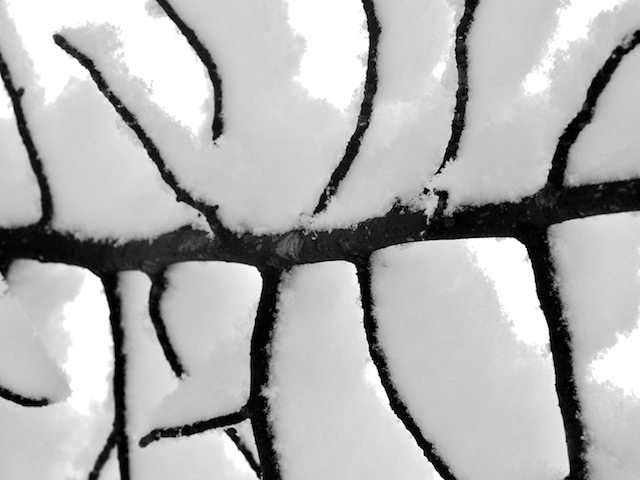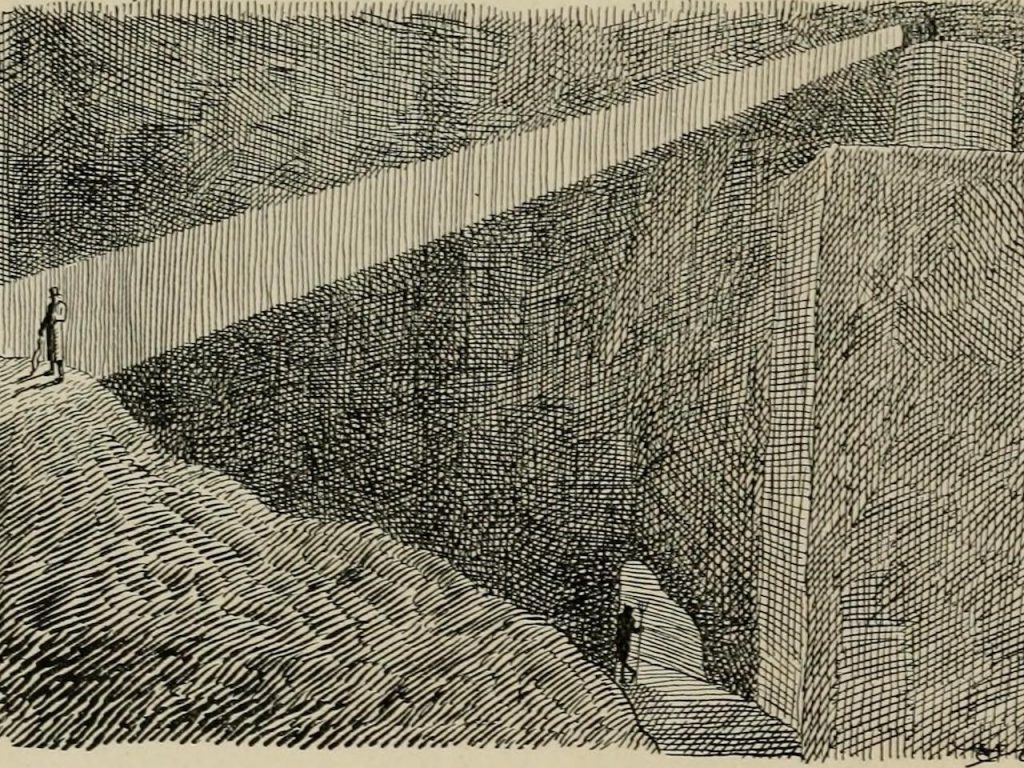each maple and golden locust / weighs heavy with coverings of Christian / white snow concealing / impurities of earthen made bark

March 28, 2019
The word “penitentiary,” meaning prison, comes from the Christian idea of penitence, meaning regret for one’s sins. It is an odd and wishful word. The penitentiary, like the “correctional facility,” is not so much a place as a story we tell ourselves. We tell ourselves that somehow, imprisonment will make people better. That a person who passes through purgatory can find redemption on the other side.
Writers in prison tell a very different story of incarceration. Over the next two weeks, in the second portfolio from our project A World Without Cages, eight incarcerated writers will journey into the underworld of prison. Some follow in the footsteps of Orpheus, the mythological figure who visited Hades to try and change the past. Others, like the Ojibwe writer Louise Waakaa’igan, will seek new new meanings for Christian symbols, new schemas to make sense of the darkness of the world.
—Daniel A. Gross, Editor
Inside
Biboon: Ojibwe word for winter.
There is no movement
each maple and golden locust limb weighs
heavy with coverings of Christian
white snow concealing
impurities of earthen made bark,
while redemption expels
layers of manmade sin multiplying
legends of grace,
holy grace, sustaining anemic Anishinaabe
bodies inside stone penitentiaries.
as each night beckons, so too her demons
iridescent like seduction
in unwanted lands
obscuring her still rivers of frozen purity—
This is her biboon.
No
Dagwaagin: Ojibwe word for autumn.
Gauwiin: Ojibwe word for no.
There are no angels on
this porcelain figurine shelf.
Only hardened clay far removed
from her earthen home.
Rudimentary remains
of divine roots dislocate
when you hold her
just right
under a setting sun,
late in dagwaagin.
Gauwiin,
angels vacated
their atmosphere moons back,
before climate change
needed an Ojibwe translation.

